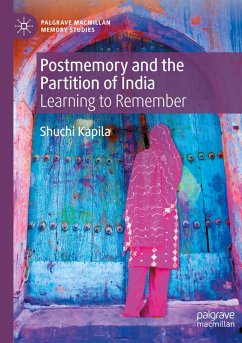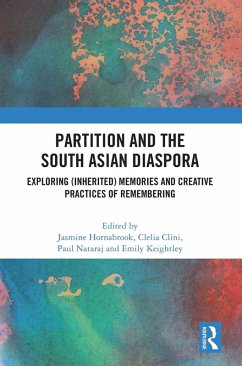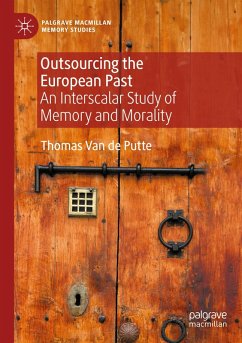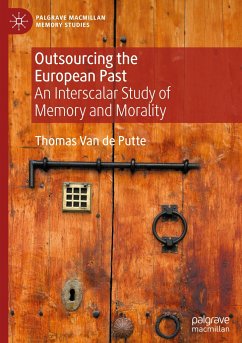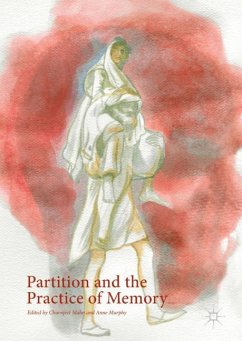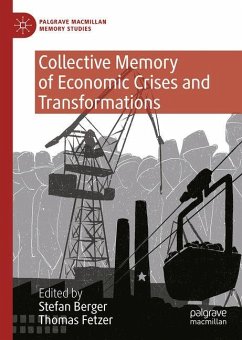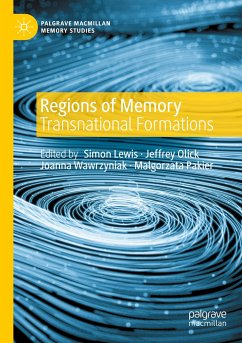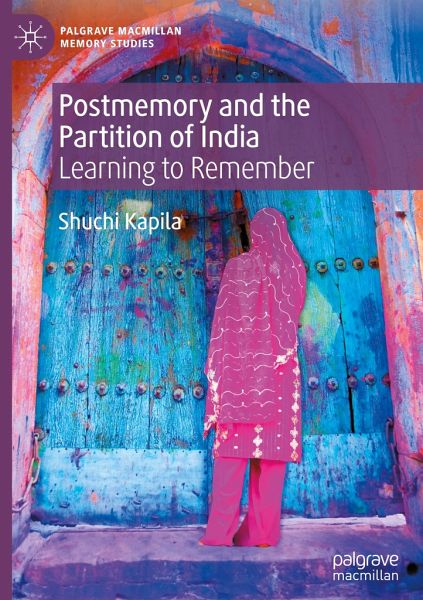
Postmemory and the Partition of India
Learning to Remember

PAYBACK Punkte
42 °P sammeln!
This book examines the memories of the Partition of India in 1947 with a focus on the generation of postmemory (those who came after it) and how partition experiences have been shared (or not) and understood. It explores the formal and narrative properties of different memory practices that have been built around the partition, and the methods of oral historians involved in collecting testimonies as part of the 1947 Berkeley partition archive.





